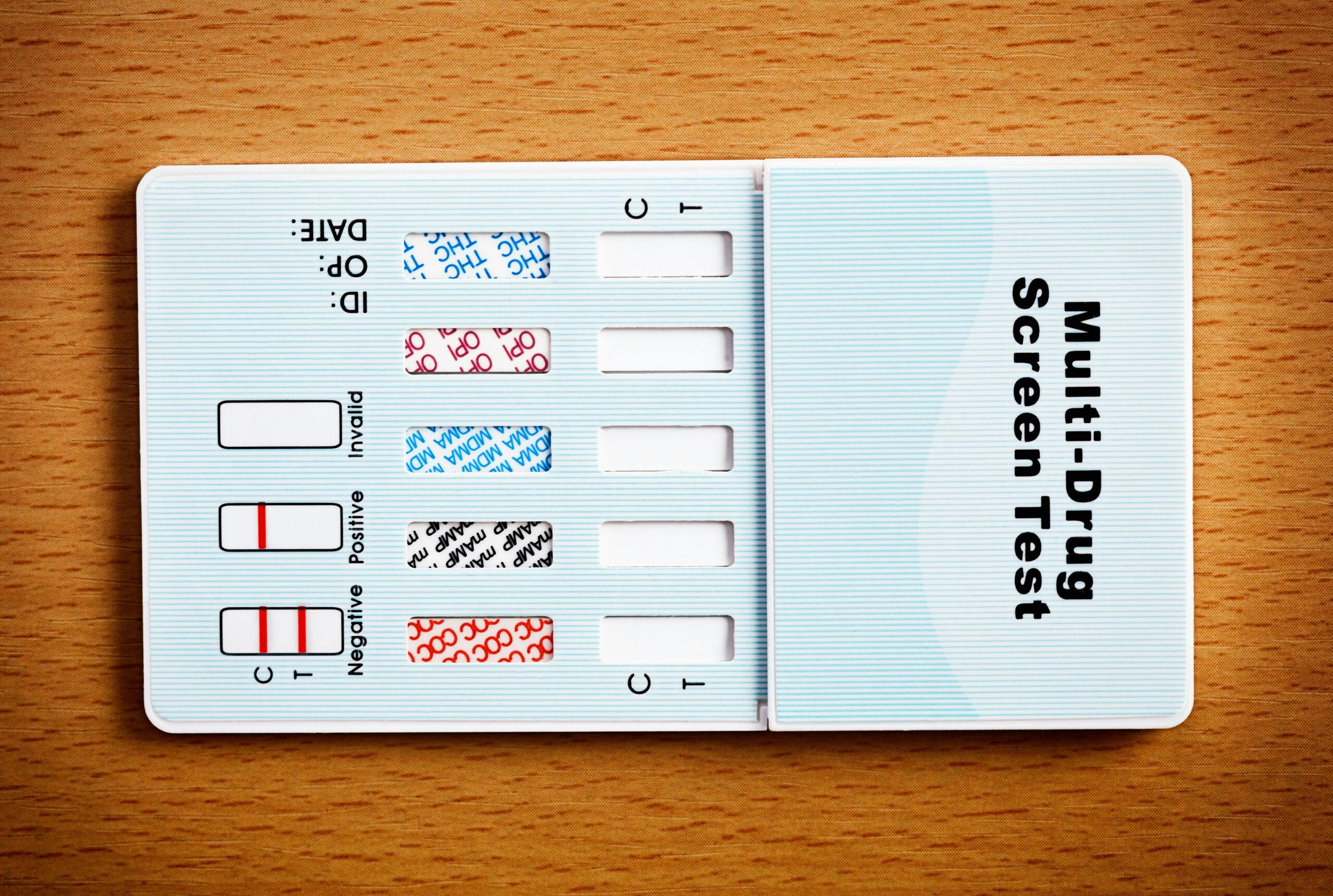How Long Does Crack Cocaine Stay in Your System?
Crack is a type of cocaine that has been processed to make it more potent. It’s typically sold in rock form and can be smoked or injected. Crack is highly addictive, and users can experience intense cravings and cocaine withdrawal symptoms if they try to quit.
If you’re struggling with crack addiction, you may be wondering how long the drug stays in your system. The answer isn’t always straightforward because many factors can affect how long crack stays in your body. We give you a general overview of how long crack stays in your system, what can influence the length of time, and how to seek help.

How Long Does Crack Stay in Urine, Blood, Saliva, or Hair?
Crack and cocaine use can be detected in:
- Urine tests: up to 3 days after last use (and up to 2 weeks for heavy users)
- Blood tests: up to 24 hours
- Saliva tests: 1-2 days
- Hair tests: up to 90 days
What Can Affect How Long Crack Stays in Your Body?
Many factors can affect how long crack stays in your body, including:
- How much crack you’ve used and the frequency of use: More frequent or heavier use will result in the drug remaining in your system for longer.
- Your metabolism: A faster metabolism will cause the drug to leave your system more quickly.
- Your age: Older cocaine users tend to metabolize drugs more slowly than younger people.
- Your body fat percentage: People with higher body fat percentages tend to store drugs in their fat cells longer than those with lower body fat percentages.
- Other medications you’re taking: Some medications can interact with crack and cause it to stay in your system for longer.
- Medical conditions: Certain medical conditions can also impact how quickly your body metabolizes drugs.
- Urinary tract infections: Urinary tract infections can influence how long drugs stay in your system because they can change the urinary pH level, which affects drug metabolism.
How Is Crack Detected on Drug Tests?
Crack is typically detected on urine drug tests, although it can also be detected through blood, saliva, or hair tests. Drug screens detect the presence of benzoylecgonine, which is a metabolite of cocaine.
Benzoylecgonine has a half-life of 12 hours, which means it will take approximately 12 hours for the metabolite to be reduced by half in your body. This detection window is much shorter than that of other drugs, such as marijuana, which testing methods can detect for up to 30 days after last use.
What Is Crack’s Half-Life?
The half-life of a drug is the amount of time it takes for the level of the drug in your body to be reduced by half.
The half-life of crack is about 15 minutes. However, this doesn’t mean the effects of the drug will only last for 15 minutes. Instead, it takes 15 minutes for the level of the drug in your bloodstream to be reduced by half.
So if you took a dose of 100 milligrams (mg) of crack, after 15 minutes, there would be 50 mg left in your system; after 30 minutes, there would be 25 mg left; and so on.
The effects of the drug usually last much longer than 15 minutes, though, up to several hours, because each subsequent dose decreases more slowly than the one before due to accumulation (the build-up of cocaine metabolites).
How Long Does It Take for the Effects of Crack to Wear Off?
While the main effects of smoking crack typically only last between five and 10 minutes, some residual side effects, such as paranoia and anxiety, can persist for hours or even days after the last use.
These residual effects are more likely if you’ve been using crack frequently or heavily over an extended period of time. Some people may also experience “crash” symptoms such as fatigue and depression after smoking crack due to the depletion of dopamine levels in the brain.
These crash symptoms may last for several days and can lead people to seek out more crack to relieve them.
This cycle creates a vicious cycle of addiction that becomes increasingly difficult to break free from without professional help.
The long-term effects of using crack can be even more damaging. These effects include mental health issues like paranoia, delusions, aggression, and psychotic behaviors.
Other long-term effects of crack use include:
- Cardiovascular problems
- Respiratory problems
- Gastrointestinal problems
- Neurological problems
Are You Struggling With Crack Addiction?
Millions of people struggle with addiction every day, but there is hope. Zinnia Health can help you overcome your addiction and get your life back on track. We offer a unique and holistic approach to healing that has helped many people overcome crack cocaine addiction.
We know how hard it is to break free from crack and cocaine addiction, but we also know that it’s possible. With our help, you will be able to overcome your substance use and start living a healthy, happy life. With help from our medical professionals, you can get back on track and start down the path to drug use recovery.
Get Help Today
If you or someone you know is struggling with addiction to crack cocaine, it’s essential to get professional drug addiction help as soon as possible. Recovery from addiction is possible but challenging, and professional treatment programs offer vital support and resources throughout the process.
If you need help finding a treatment program near you, call a free drug abuse hotline telephone number.
Call us today at (855) 430-9439 for more information about our crack and cocaine addiction treatment program and how we can help you overcome your addiction.
Related Articles
- Crack Cocaine Use Disorder Treatment
- Crack and Alcohol Substance Abuse
- What Are the Side Effects of Crack Abuse?

